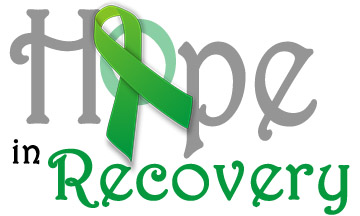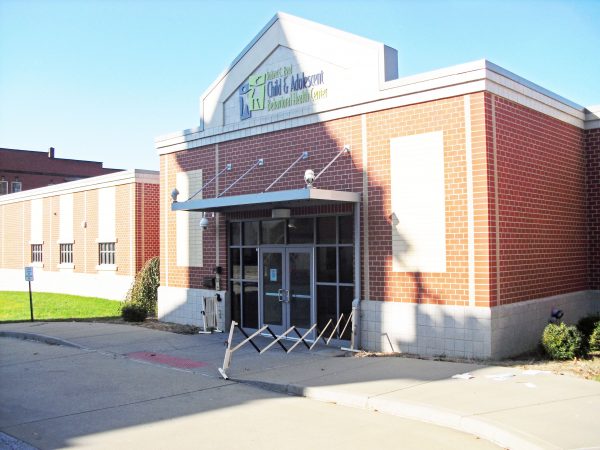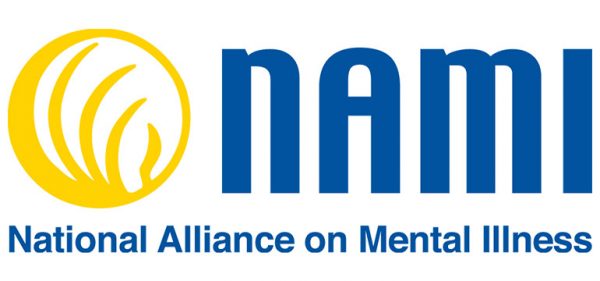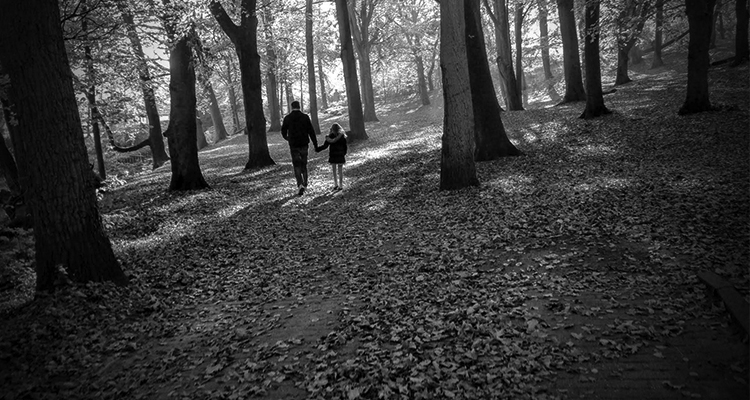“Someone out there may need to hear it,” they told me.
 This time last year, I thought everything was going well enough. Autumn was drawing to a close, the holiday season was on the horizon, and my child had started a new school. It was a change from what they were used to, but all transitions come with challenges and growing pains, and middle school is a rocky time for most kids.
This time last year, I thought everything was going well enough. Autumn was drawing to a close, the holiday season was on the horizon, and my child had started a new school. It was a change from what they were used to, but all transitions come with challenges and growing pains, and middle school is a rocky time for most kids.
In hindsight, our child was struggling more than we realized. Friends from elementary school became “frenemies” in middle school. My child already lived with anxiety, migraines and other related conditions. They were on several medications. Emotionally, they’d had normal tween highs and lows, but the lows began to last longer. My spouse and I thought that when our child went to a new school, they’d flourish. Instead, they struggled. Homework became a constant battle. Forgotten books, missed assignments. Fights with friends. The good student and the happy kid we knew disappeared. Our child was unrecognizable, but the change happened gradually enough to be subtle.
My spouse and I tried to find a balance between understanding and toughness. Our child had some challenges, and we had struggled for many years to help but not to carry them. After all, our challenges make us who we are. We find strength in overcoming them. People learn responsibility through failure, and we were willing to let our kid flounder a bit for those lessons.
What we didn’t see was that our child wasn’t floundering — they were drowning. Each morning, they said, “I just need to survive this day.” We fought with them every night as we drove to the school building at 7 p.m. to get a forgotten book out of their locker. We fought over tests our child didn’t know they had. They shed tears of anger and self-loathing every time we butted heads. Those should have been clues. We just thought we were gently pushing. We stayed in constant contact with the school, trying to smooth the way for our child as best we could. What we didn’t realize was that they were enduring a mental health crisis.

Our child tried to end their life on a Wednesday morning after a fight about a school picture form. We found them, relatively unhurt, and rushed them to the ER at Ohio Valley Medical Center. I remember sitting in a tiny exam room, my spouse crouching on the floor in complete silence. I alternated between horror and feeling nothing at all — just a strange, unsettling blankness. It was like my organs had dried up and my chest was empty.
We talked with someone from the Robert C. Byrd Child and Adolescent Behavioral and Health Center. She said our child needed to spend some time there. We agreed because we didn’t know what else to do. We’d tried to help and failed, even made it worse as we attempted to make it better.
We felt like a broken family.
The staff put our child in a van and drove them across the street to the Byrd Center. That was when it suddenly became real — when they took our child away. We followed in our own car, and I bent over my knees and dry heaved. As we answered intake questions with a nurse, our child tried to pretend they weren’t frightened. They didn’t want us to leave, but we knew their problems were well beyond anything we could handle. They knew it, too, on some level. They were tired of feeling hopeless and overwhelmed.
Our child stayed in the Byrd Center for a week. They hated it, but they received excellent care from very kind people. When they came out, they were calm and clear-eyed. They said, “I don’t want to hurt myself any longer.” Their meds were adjusted, and we got them into a local psychiatric practice. Equally important were the changes we made at home and school. We developed a new educational plan at a school that fit our child better. And we stepped back and realized how insignificant things like homework blunders were compared to our kid’s mental health. Most of all, we tried to let go of the idea that we’d done something wrong. We’d done our best, as had our kid. Sometimes, shit just happens. And when shit happened to us, it didn’t mean we’d failed. It meant we were human. It meant our child was human.

Not a day goes by when I don’t think of that morning. But I’m so grateful for the help we received. Leaving them there was indescribably painful. It was also a weight lifted from our shoulders because we knew help had finally come. During their stay, we moved through our days like zombies, feeling dead on the inside, but there was also hope. There was a plan, now. We couldn’t do it by ourselves, and that was OK. It was OK that we needed to ask for help, for medication, for counseling. (We got plenty, too.)
This is a difficult interview. Our anonymity makes it tough, but our child is young and deserves their privacy. We can’t tell their story in print, yet, but we can talk to other parents, face to face. It’s hard, but we must talk. We absolutely must. During that week without my child, I felt more alone than I ever have. I wandered through my days, past their bedroom, past their shoes on the floor and their rumpled blankets. I was so grateful for close friends and family and for the teachers and administrators who supported us. They truly kept my heart beating through the worst days of my life.
In an ideal world, mental health issues would be as talked about as the latest rhinovirus going around the kindergarten room. I think it’s time to drop the “perfect family” façade. We can no longer pretend that our children aren’t vulnerable. We can’t pretend life is easy and golden and that our Facebook photos depict our reality. Yes, it’s difficult to admit that we’re struggling, that we’re hanging on by a very thin thread and that our life behind closed doors is an agonizing challenge.
But what’s the cost if we don’t? Isolation. It’s enough to darken even the most hopeful of parents. We lose the opportunity to lean on each other, to learn from each other and support each other through one of the most difficult things a parent can endure. If I hadn’t confided in close friends during my child’s hospitalization, I wouldn’t have known that they, too, have found their children in similar situations and relied on places like the Byrd Center. They also rely on meds and counselors to get them and their children through each day. They cry into pillows, too. How can we possibly survive this growing mental health crisis if we believe we must do it alone?
WE ARE NOT ALONE. OUR CHILDREN ARE NOT ALONE.
Obviously, we must use sensible discretion. We don’t have to shout our struggles on social media. We do need to connect face-to-face. We need to physically hug each other and say, “I’ve been there, too, and I’m here for you.” Ask for help and receive it from supportive groups. And most of all, get past the stigma of mental illness.
 We all have brains. And brains don’t work perfectly. Big deal — that’s part of the human condition. It’s part of being alive in the year 2019, when mental health problems are on the rise and in the news. So are cancer and heart disease, but we find those so much easier to share with the world. My child’s mental health problems are no more their fault than if they had appendicitis.
We all have brains. And brains don’t work perfectly. Big deal — that’s part of the human condition. It’s part of being alive in the year 2019, when mental health problems are on the rise and in the news. So are cancer and heart disease, but we find those so much easier to share with the world. My child’s mental health problems are no more their fault than if they had appendicitis.
This problem isn’t going away — it’s getting bigger. Things in the Ohio Valley are way more complicated than they were a year ago. If we had gone through this without the support of the Byrd Center, it would have been so much harder. In the year since, we’ve talked with NAMI, and we understand how vital it is to keep that conversation going. We were so lucky; not everyone is. Now, parents in our shoes have to travel to other counties for mental health care for their children. Wait times to see a psychiatrist can be almost a year. This is unacceptable. We have to do better, for children and ourselves. And so, we have to keep talking. To each other. To everyone. As much as we possibly can. Change comes slowly and with great effort, but this is a change that must come. We need help.
It’s going to take a village.
Part One: Adolescent Mental Illness — Health Issues on the Rise
• Laura Jackson Roberts is an environmental writer and humorist in Wheeling, West Virginia. She holds an MFA in creative writing from Chatham University and serves as the Northern Panhandle representative of West Virginia Writers. Her hobbies include hiking, travel and rescuing homeless dogs. Visit her at laurajacksonroberts.com.


